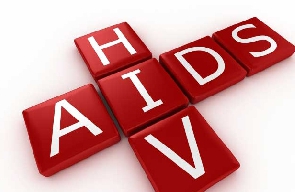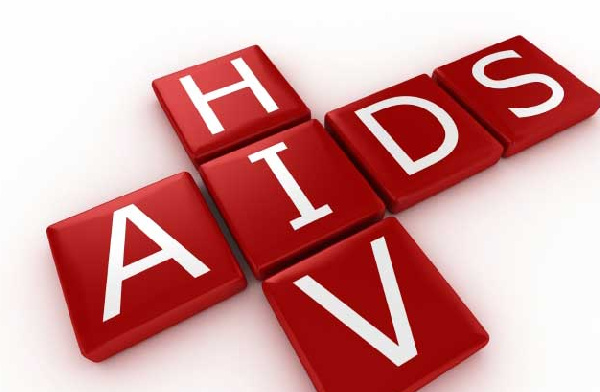 Uganda is set to introduce a new long-acting HIV prevention drug
Uganda is set to introduce a new long-acting HIV prevention drug
Uganda is set to introduce a new long-acting HIV prevention drug, Lenacapavir, in 2026 under a United States-funded initiative, offering fresh hope in the fight against the epidemic.
The twice-yearly injectable drug, developed by US-based Gilead Sciences, has been shown in clinical trials to prevent more than 99 percent of HIV infections among high-risk groups. According to the World Health Organisation (WHO), Uganda is among the 10 high-burden countries selected to benefit through the US President’s Emergency Plan for Aids Relief (PEPFAR).
In a statement yesterday, the US Embassy in Kampala confirmed that the Ministry of Health, in partnership with the US Government, will roll out the drug next year. Priority will be given to individuals at the highest risk of infection, including young women, pregnant and breastfeeding mothers, and key populations. US Ambassador William W Popp described the move as a milestone in Uganda’s HIV response.
“This medicine is an excellent example of how American leadership drives innovation to save lives,” he said, noting that Ugandan researchers contributed to the clinical studies that informed the breakthrough.
Gilead has committed to lowering costs and sharing intellectual property with generic manufacturers to enable large-scale production and long-term affordability. Officials project that up to two million people in high-burden countries could access the drug by 2028. As of late 2024, Uganda had an estimated 1.5 million people living with HIV, with about 730 new infections recorded every week.
While oral pre-exposure prophylaxis (PrEP) is available, experts believe the new twice-yearly injection will improve adherence and reduce new infections, especially among women and other vulnerable groups.
To secure affordability, the US Government and the Global Fund are co-financing an advanced market commitment, with Uganda expected to use about $1.14m (about Shs4b) from its existing Global Fund grant to launch the programme.
Rollout strategy
The Ministry of Health has begun working on a national rollout strategy, engaging with generic drug makers to ensure sustainability. Up to two million people across the 10 beneficiary countries are expected to access the drug by 2028. Dr Herbert Kadama, Uganda’s national PrEP coordinator, said the injection could transform HIV prevention.
“Since 2017, Uganda has provided oral PrEP to individuals at high risk of HIV. But adherence has always been a challenge, especially for young people and women who struggle to take a pill every day,” he said. “The twice-yearly injection allows us to overcome those barriers, reach people who drop off oral PrEP, and strengthen our prevention toolkit,” he added.
Formal approval from the National Drug Authority (NDA) is required before wider use. Dr Hudson Balidawa, who oversees Global Fund HIV investments, said once authorised, the drug will be available through public programmes and private clinics.
“Demand is expected to exceed initial projections. While the government budgeted for 17,000 people, assessments suggest up to 67,000 could benefit,” he said. Preparations are underway to strengthen supply chains and train healthcare providers to meet the expected surge in demand.”
Media reports suggest the drug could cost as much as $28,218 (Shs98m) per person annually if procured privately, but Uganda’s partnership with donors is expected to keep prices far lower. Officials stress that lenacapavir is not a cure for HIV but a preventive and immune-boosting treatment that will significantly expand Uganda’s HIV prevention options once rollout begins in 2026.
At a glance
How it works: Given twice a year to block HIV infection.
Effectiveness: Clinical trials show more than 99 percent prevention of HIV infections.
Who benefits first: Young women, pregnant and breastfeeding mothers, and key populations.
Global rollout: Backed by PEPFAR and the Global Fund; up to 2 million people in 10 high-burden countries expected to benefit by 2028.
